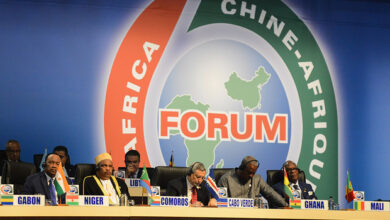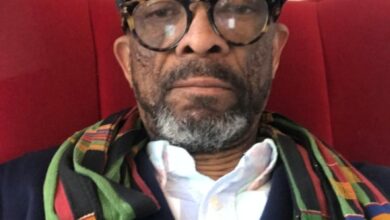
China-Africa Cooperation Forum 1-2
By Mohamed Saad
In the last decade of the 20th century, China-Africa relations experienced a significant leap, driven by China’s increasing openness, accompanied by developmental and social support for the African continent. On the other hand, African countries sought to establish profitable partnerships, moving away from the colonial legacy of European nations. The China-Africa relationship is notably distinguished, as evidenced by the extensive cooperation in various fields such as politics, economics, and culture, which laid the groundwork for the establishment of the Forum on China-Africa Cooperation (FOCAC) in 2000. Over the past 60 years, China-Africa cooperation has continually met the demands for comprehensive political collaboration, deepening the friendship between the two sides and evolving into a “comprehensive strategic partnership.” This partnership has become a model for Asian and African development and South-South cooperation.
The trade and investment ties between China and African nations have strengthened considerably. On the trade front, China has become Africa’s largest trading partner. Since 2000, trade between China and Africa has grown rapidly, with a year-on-year increase of 14%, reaching $170 billion in 2017. This growth continued into the first half of 2018, with trade volume rising by 16% to nearly $100 billion. By 2020, despite the COVID-19 pandemic, trade between the two sides reached approximately $187 billion. Similarly, in terms of investment, China’s annual direct investment in Africa amounted to about $4.2 billion in 2020, covering sectors such as manufacturing, agriculture, infrastructure, financial services, green development, trade facilitation, poverty reduction, public welfare, and public health.
Africa is a vast repository of raw materials crucial for Western industrialization. Its unique natural resources have made it a battleground for international competition among major powers, including the United States and European Union countries, alongside new players like China. This competition dates back to European colonization, which swept across the continent following the 1884 Berlin Conference, leading to the colonization of 93% of Africa’s lands. These colonial powers implemented various policies, including exploitation, enslavement, starvation, resource depletion, and religious and cultural impositions like missionary work, closed-off regions, and the imposition of Western culture. After the emergence of the new world order and the collapse of the Soviet Union, the United States imposed policies such as economic reform and liberalization programs, which have impacted every aspect of political, economic, social, cultural, and intellectual life in Africa.




